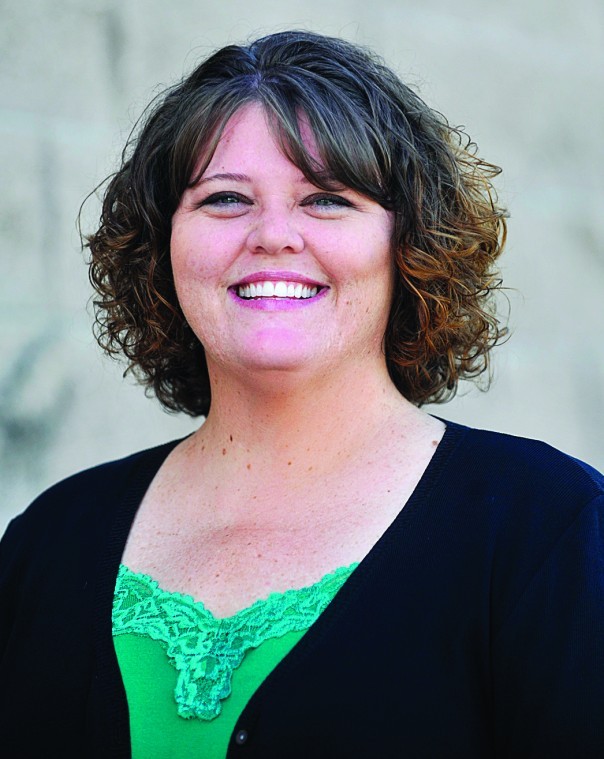I recently came to the conclusion that a three-year relationship
was no longer working for me and called it quits. With
Facebook.
I recently came to the conclusion that a three-year relationship was no longer working for me and called it quits.
With Facebook.
When I originally joined the social networking site, it was to keep in touch with friends and family. That I already had the phone numbers, emails and home addresses for most of these folks was beside the point. Millions of people were already Facebooking and I felt a little behind the times.
Initially, I friended friends and family, and updated my status occasionally to reflect something I felt was important (sharing an article on the current state of newspapers).
I waded deeper into the waters of Facebook when I eventually joined the Watsonville High School and Cal Poly, SLO groups. Soon I began receiving friend requests from former classmates: some friends who had drifted away over time and others who had simply been acquaintances that I had to glance through old yearbooks to recall.
Caught up in the novelty, I admit I looked at boys – men and fathers now – who I had crushes on as a girl, and realized how priorities change through the years. I scanned photos of the girls – now women with families – who always seemed to have extraordinary lives, and saw that, as adults, they looked so normal now.
As I got more comfortable sharing my life with my “friends” – who now included friends of friends, spouses of friends and even one person who was my childhood archenemy – I started posting more often.
I found myself thinking about Facebook all the time. When I was having a rough day at work, I’d want to post a new status to let everyone know. When I was at the store and found that hard-to-find truffle oil, my first thought was, “I should update my status!”
The more I updated, the more I realized how dull my life seemed in comparison to everyone else. So I eased up on posting the boring minutiae, and made sure I always posted those experiences that made me seem more interesting, like “Stuck in Philly waiting for my flight to Istanbul” or “Heading up the American River for some whitewater rafting.”
And although true, they made me appear much cooler than if I simply posted my daily routine of “Going to work” or “Playing fetch with the dog.”
Then I started to feel bombarded by Facebook. As if I wasn’t already thoroughly absorbed by it, I noticed little blue and white “F” icons popping up all over the place: you can “like” the local hair salon, the grocery store, the pizza joint. There are even news websites that don’t allow you to comment on stories unless you have a Facebook account (not this one, mind you).
Calls and texts from those I used to talk to on a regular basis began to diminish. Rather, I’d check Facebook and see wall posts that used to require a quick call (“Let’s go out this weekend!”). Sometimes I’d miss those invitations, depending on when it was posted and when I actually signed on and saw it.
I rarely received birthday cards or email notes from those who used to write on special occasions. Instead, I’d sign on to Facebook and see 50 “happy birthday” posts, which I did appreciate since my near-Christmas birthday tends to get lost in the shuffle. But I started to feel disconnected – when the whole point was to feel connected.
I know it’s old fashioned, but I do appreciate an occasional card in the mail, or an email with some substance to it – as opposed to a one-line post on my wall.
Needless to say, I started feeling a little Facebooked out. After weighing the site’s pros and cons, I decided I’d be better off freeing myself from the vice-like grip it had on my life. I gathered up contacts, deleted my friends and cleared my wall of every single post. Finally, with a feeling of relief, I deactivated.
Soon my head cleared of the Facebook fog, and I stopped thinking in terms of status updates and like buttons. My focus has returned.
And now I have more time to tweet.










